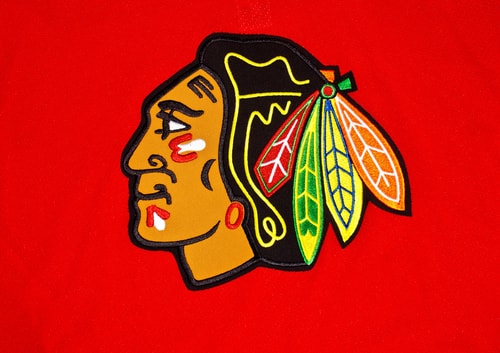Illinois vs. Florida
By Diego Flammini, Farms.com
Tonight, the Western Conference champion Chicago Blackhawks will meet the Eastern Conference champion Tampa Bay Lightning in the first game of the National Hockey League’s Stanley Cup Final.
The first team to win four games will hoist the Stanley Cup over their heads as the best team in hockey after a nine-month season.
Up to this point, analysts and experts have been dissecting matchups, player personnel, goaltending, penalty killing and other stats to try and determine which team has the edge going into the series.
The same thing is about to happen here, but with the agricultural industries of the represented states: Illinois and Florida.
? Signals advantage for each team
| | Illinois | Florida |
| NHL Team | Chicago Blackhawks 
| Tampa Bay Lightning 
|
| Number of farm operations | 74,500 ? | 47,600 |
| Beef cows (As of Jan. 1, 2015) | 376,000 | 916,000 ? |
| Milk production (Measured in Lb/Head) | 19,681 | 20,382 ? |
| Total value of ag producs sold | More than $17 billion ? | More than $7 billion |
| Top commodity value | Corn - $8.5 billion ? | Oranges - $1 billion |
| Average age of principal operator | 57.8 ? | 59.8 |
| Value of aquaculture sales | More than $5 million | More than $88 million ? |
| Total acres operated | 26.9 million ? | 9.5 million |
Based on the eight categories used to compare the two teams, the Chicago Blackhawks will have a distinct advantage going into the Stanley Cup over the Tampa Bay Lightning.
Tell us your thoughts about how the two states stack up against one another in agriculture, or in hockey. Who are you rooting for?
Be sure to check out how farming impacted some of today’s NHL superstars.